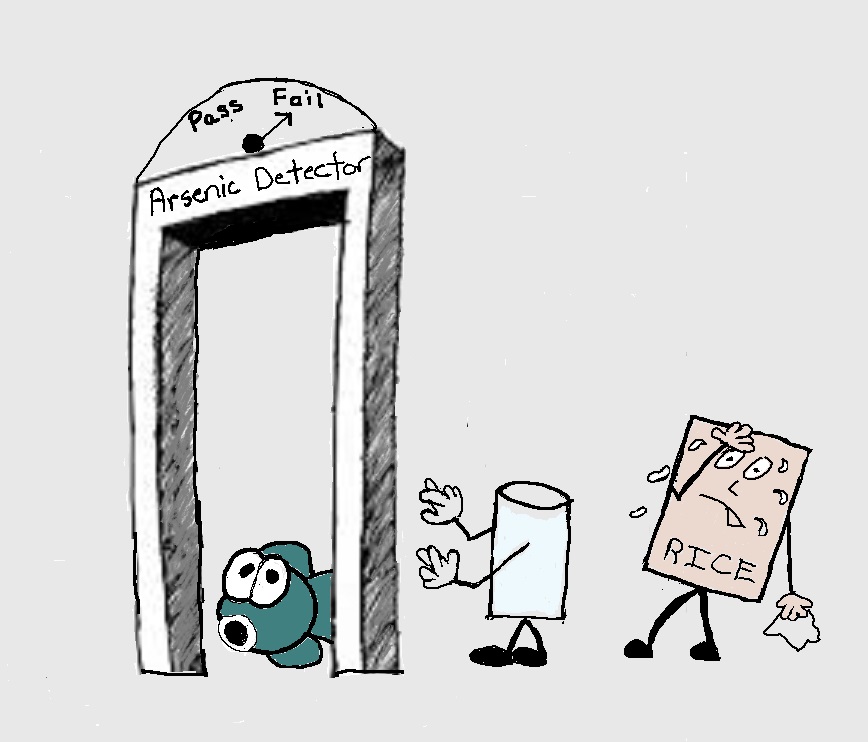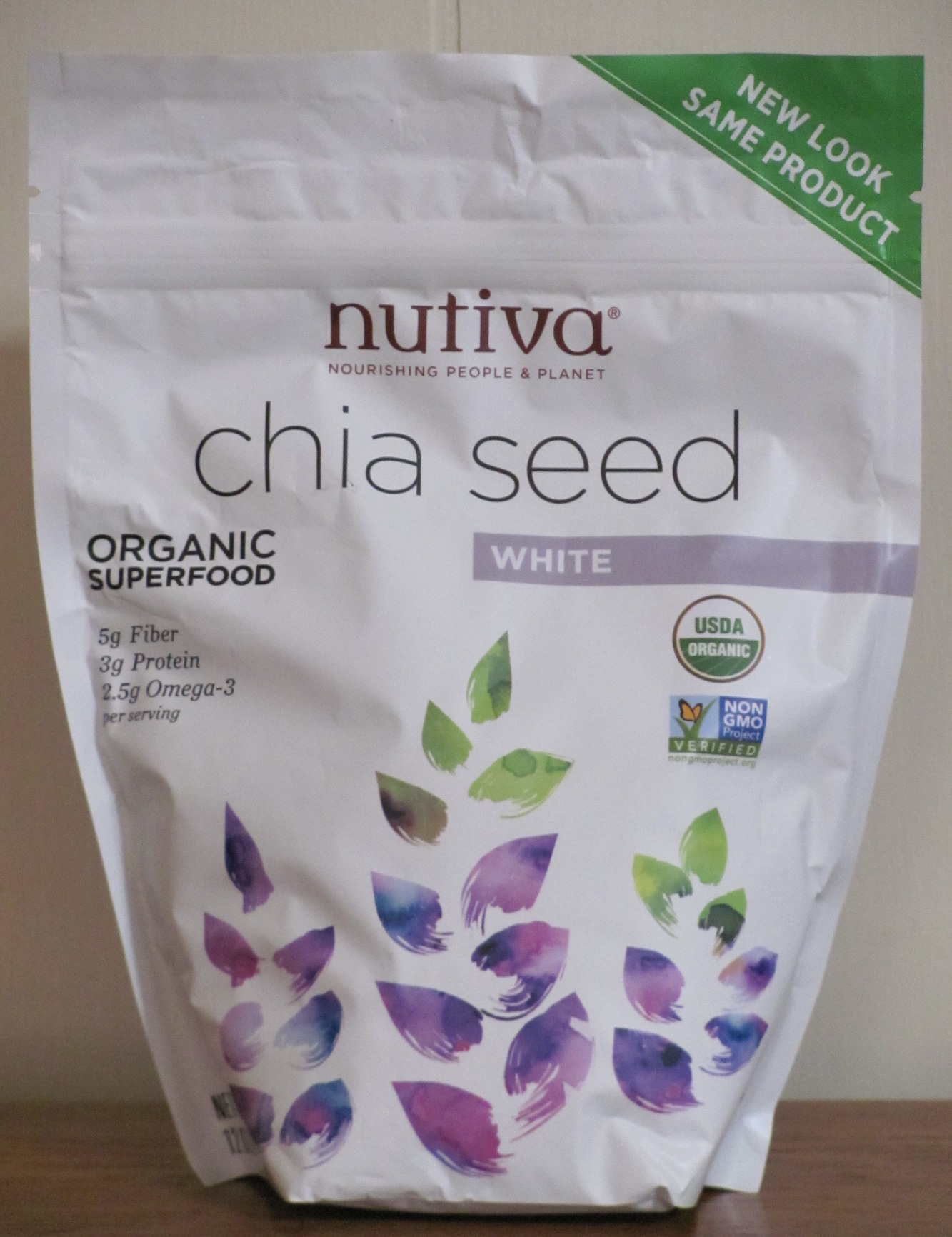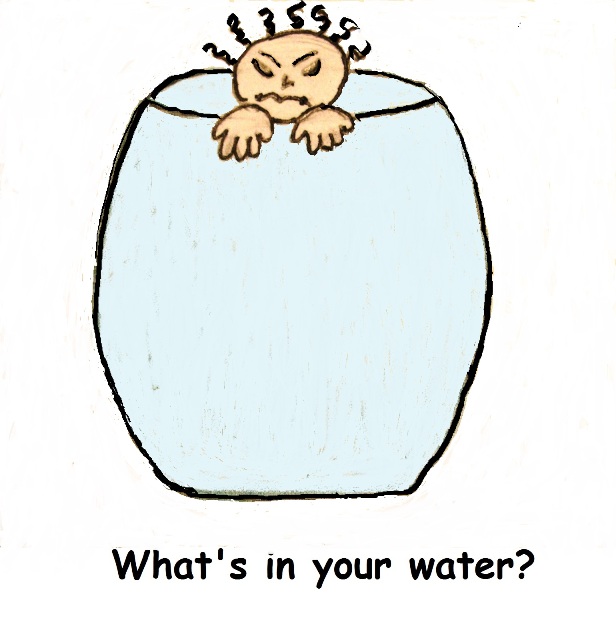- Home
- Toxic Chemicals in Food
- Toxic Chemicals Arsenic in Food
Toxic Chemicals - Arsenic And Your Health
It appears on the periodic table of elements as As. It was a popular murder weapon in the Middle Ages. Agatha Christie used it as a poison in 4:50 from Paddington. In Frank Capra's movie it was used by elderly sisters to murder people. A small amount can be deadly. And this toxic chemical can found in your food and water in amounts that can make you sick.
While Capra's movie Arsenic and Old Lace was a comedy, there's nothing funny about the health effects of chronic exposure to arsenic. In this article I cover what you need to know to protect your health.
What Is Arsenic
Arsenic is a naturally occurring chemical element. It enters soil and water from the erosion of rocks, volcanic eruptions and contamination from mining.
However, it has also been used as a preservative in wood products. From the mid-1930's until 2004 it was used to make pressure treated wood. It leached from anything made with this wood and ended up in soil and water.
It was also used as an agricultural pesticide and until 2013 was used in poultry feed to prevent disease and promote growth. Because it was used to raise poultry, arsenic was always detected in chicken breasts and fertilizer made from poultry waste contaminated crops.
Arsenic occurs in both organic and inorganic forms and for many years the inorganic forms were considered the most dangerous to your health. But new new research is finding that organic forms also pose health risks. So to protect your health it's important to reduce your exposure to both types.
How You're Exposed
Your diet is the main way you are exposed to this toxic chemical. Unfortunately, small
amounts can be found in almost everything you eat. However, some foods, like rice and fish, contain higher amounts because they absorb more
from the soil they grow in and the water they live in.
Also, millions of people throughout the world are exposed to unsafe levels in drinking water. It's been estimated that daily intake of total arsenic
(sum of inorganic and organic) from food and beverages is generally in the
range of 20–300 ppb (parts per billion).
In fall 2014, the Institute for Global Food Security tested 81 different rice products and found 58% exceeded 100 ppb. The highest amounts are found in rice grown on land formerly used to grow cotton, because arsenic-based pesticides were commonly used on cotton crops.
In the U.S, rice from the cotton growing south central states, like Arkansas, Louisiana, Missouri, and Texas, contain the highest levels. White rice has lower amounts then brown rice because the extra processing removes some.
Fish and seafood may contain high amounts of organic arsenic compounds and up to 100 times more total arsenic than rice does. That means both inorganic and organic forms of arsenic are found in seafood.
Every year the FDA's Total Diet Study measures the amount of arsenic in many types of different foods. Arsenic is always detected in foods like shrimp, fish fillets, fish sticks, tuna and salmon.
The FDA has set a standard of 10 ppb (parts per billion) for inorganic arsenic in drinking water. If you're connected to a public water system, the FDA requires that the level of this toxin in your water is monitored.
However, if you drink from a well, the only way to know if you have unsafe levels of arsenic in your water is by testing it yourself. In the US, as many as 25 million people are estimated to drink well water with unsafe levels. For example, because of high concentrations of naturally occurring arsenic, New Englander's often have unsafe levels of this toxin in their water.
Health Effects Of Exposure
Every year more than 1,000 scientific papers are published on arsenic. So there is a lot of convincing evidence on the health effects of exposure.
And chronic exposure from food and drinking water has been linked to a long list of human diseases, including cancer. This toxic chemical, which is classified as a Group 1 carcinogen, is known to cause skin liver, kidney, and bladder cancer.
A group of cancer researchers estimated that "each year 9,129 to 119,176 additional cases of bladder cancer, 11,844 to 121,442 of lung cancer, and 10,729 to 110,015 of skin cancer worldwide are attributable to inorganic arsenic in food.
In fact, exposure can effect every system in your body. Examples of the health effects include;
Skin - Skin lesions, skin cancer
Developmental Processes – Increased infant mortality, reduced birth eight, neurological impairments
Excretory System – Liver, kidney, bladder cancer, kidney damage and failure, anemia.
Nervous System – Impaired intellectual function, impaired motor function, neuropathy
Respiratory System – Lung cancer
Cardiovascular System – Heart disease, heart attack, hypertension
Immune System - Inflammation
Endocrine System – Diabetes, disrupts thyroid hormones
Digestive System - Alters gut bacteria
Arsenic and Gut Health
Your gut health plays a role in your overall health. And a healthy gut contains the right kinds and right numbers of gut bacteria (called your gut microbiome). Your gut also plays a role in detoxing toxic chemicals that you ingest.
Researchers are beginning to discover that exposure to some ingested toxins, including arsenic, changes your microbiome.
Recent studies on arsenic have been exploring
- How your gut helps break it down.
- How exposure affects your microbiome.
- How toxic are the break-down products created in your gut.
(When your microbiome breaks it down (metabolizes), it creates several intermediate compounds that are either more or less toxic than arsenic itself.)
These studies are finding that exposure not only alters your gut microbiome community at the abundance level, but also greatly disturbs how your gut metabolizes this toxin.
In other words, your gut protects you from arsenic by breaking it down. But exposure can make your gut less efficient at detoxing. This may make you more vulnerable to not only arsenic, but other types of toxin exposure.

Ways To Reduce Your Exposure
1. Reduce your consumption of brown rice and brown rice products.
Consumer Reports suggests eatting no more than 1-3 servings a week. Substitute other grains like farro, which has the same density and chewy texture as rice. Also, avoid things made with brown rice syrup and rice milk.
For other healthy and gluten-free options to replace brown rice check out Arsenic and Healthy Eating.
2. Reduce your consumption of seafood.
Fish are an important source of Omega 3. However, they aren't a nontoxic source. So don’t rely solely on fish and seafood to get your Omega 3.
Opt for less toxic sources of Omega 3, like Chia Seeds, Ground Flaxseed, Hemp Seed and English Walnuts.
3. Support Your Gut
Toxin exposure, illness and antibiotics can alter you gut bacteria. Probiotics provide your gut with the good bacteria that it needs to function properly.
Plus, some recent research findings are suggesting that taking probiotics can help your gut deal with ingested toxins like arsenic. There are many different types of probiotics and some need refrigerated and some don't.
Lactobacillus, bifidobacteria, Saccharomyces boulardii and Bacillus coagulans are the most common bacteria used in probiotic supplements. According to the Mayo Clinic "a good place to start is with a combination that contains strains from the lactobacillus family and bifidobacterium family, because these strains are normally found in the human GI tract."
I take one, but not every day. I usually take a dose every 2 weeks. Because my diet includes food sources of probiotics, like yogurt, sauerkraut and kimchi, and the non-digestible carbs (prebiotics) that feed your gut bacteria. These include whole grains, bananas, onions, garlic, honey and artichokes.
4. Clean Up Your Drinking Water
Arsenic in your drinking water means long term chronic exposure to this dangerous chemical. Because you drink water from the same sources every day.
If you have a well test your water. If you are connected to a public water system read the water quality reports from your supplier. This will tell you how well they're dealing with removing this toxic chemical from your water.
And no matter whether you have well or public water, invest in a good water filter. I keep things simple with a counter top system called Big Berkey. Their flouride/arsenic filters remove more than 99% of the arsenic present in water.
Chronic exposure to the levels of arsenic found in some foods and water can make you sick. Cutting back on the amount of rice and seafood you eat and filtering your drinking water are positive and easy steps you can take to protect your health from this dangerous chemical.










